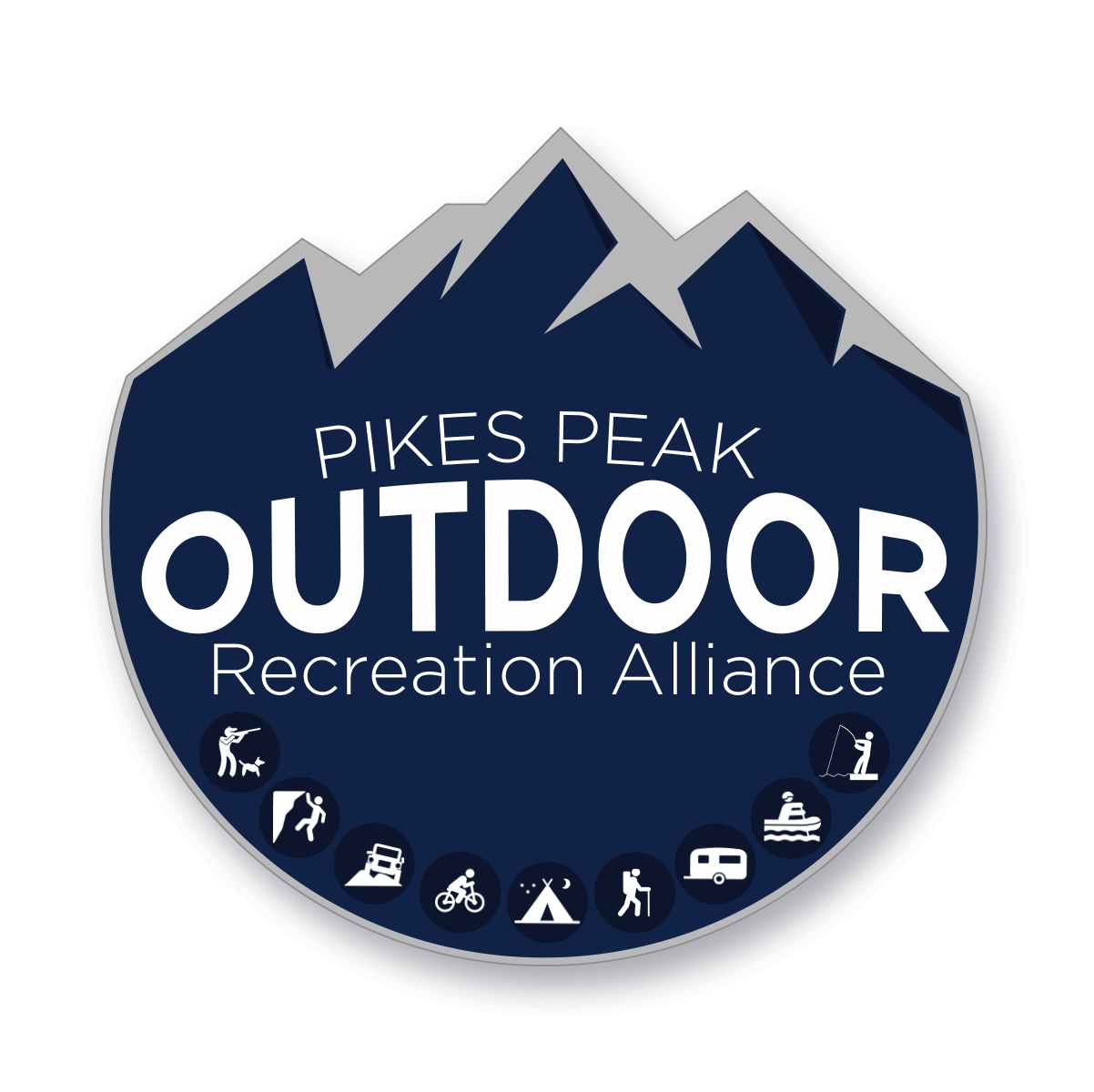Keeping lands public is good business
Public lands are a significant part of Colorado culture and its heritage. The state is famous for its vast mountain ranges, protected grasslands and national parks. Giving them up — turning them over to the state or developers — would mean turning our backs on an outdoor lifestyle that goes hand-in-hand with what it means to be a Coloradan.
But preserving federal lands is about more than safekeeping our history. It’s good for business. Tourists come here year-round to ski, hike, mountain bike, camp and backpack in unspoiled wilderness. A significant industry supports those tourists.
And don’t forget about all the people who come to hunt and fish in the national forests and Bureau of Land Management-maintained spaces. Estimates are that fishing is a $1.9 billion industry in Colorado, and hunting brings in about $1 billion.
It’s a significant amount of money, showing that the outdoor industry is an overlooked, giant economic driver. Studies have determined that 65 percent of residents here participate in outdoor recreation. And outdoor recreation generates $1.32 billion in consumer spending, 125,000 direct jobs and $4.2 billion in wages and salaries. That all translates to about $994 million in state and local tax revenue, according to the Outdoor Industry Association.
It’s no small part of the Colorado Springs economy, either. From outdoor businesses like Angler’s Covey or manufacturers like Borealis Fat Bikes, the impact is growing. It doesn’t even include the economic influence of the U.S. Olympic Committee or the national governing bodies headquartered here.
That’s why the inaugural “State of the Outdoors” event on Monday, March 20, put on by a local outdoors trade group, deserves attention and support from all city business leaders. Mayor John Suthers will be there, talking about the importance of outdoors industries to Colorado Springs economy. Dirk Draper, CEO of the Colorado Springs Chamber of Commerce & EDC, is on board to speak as well.
The Springs event comes at a time when there is a push to return federal public lands to the states — areas that have been preserved, in some cases, since the 19th century. Removing federal protection from lands puts them at risk, and would undo conservation and wilderness protection as a long-held value of being an American citizen.
It also could harm millions of jobs around the nation, reducing a thriving sector of the economy.
State elected officials in Utah floated the idea of spending $14 million on a federal lawsuit that would return public lands to the state — and ostensibly create a gold mine for developers and energy companies. The resulting outcry from businesses, conservation groups and the public at large has ended the conversation at the state level. One of Utah’s representatives in Congress likewise withdrew a bill that would allow the state to sell off 3 million acres of public land after constituents lobbied against it. A companion bill to prohibit federal law enforcement on public land remains in the House of Representatives.
There’s been no similar move in Colorado, which knows all too well the value of its public lands — and the need to conserve them for future generations.
But in some ways, it’s about more than the dollars that can be counted and the funds added to tax coffers. Spend a day outdoors, a weekend backpacking, an overnight camping trip looking at the stars — and learn the intrinsic value of connecting with nature. It’s part of our heritage — along with hunting and fishing — that we should preserve and protect. Connecting with nature is a way to connect with our past.
As President Theodore Roosevelt said in Denver in 1910: “The nation behaves well if it treats the natural resources as assets which it must turn over to the next generation increased, and not impaired, in value.”
Colorado Publishing House’s properties — The Business Journal, Colorado Springs Independent, Pikes Peak Bulletin, and the three military papers — support the outdoor recreation industry. And we’re all sponsoring the first State of the Outdoors event. We believe it is the first step in recognizing the importance of the outdoor recreation industry for the local economy and the tourism trade.
We’re proud to live in a state and a city that hold those values as too important to lose.
As the city located at the base of America’s Mountain, we understand that preserving open space is good for business, good for the environment, good for the city — and that’s good for everyone.

